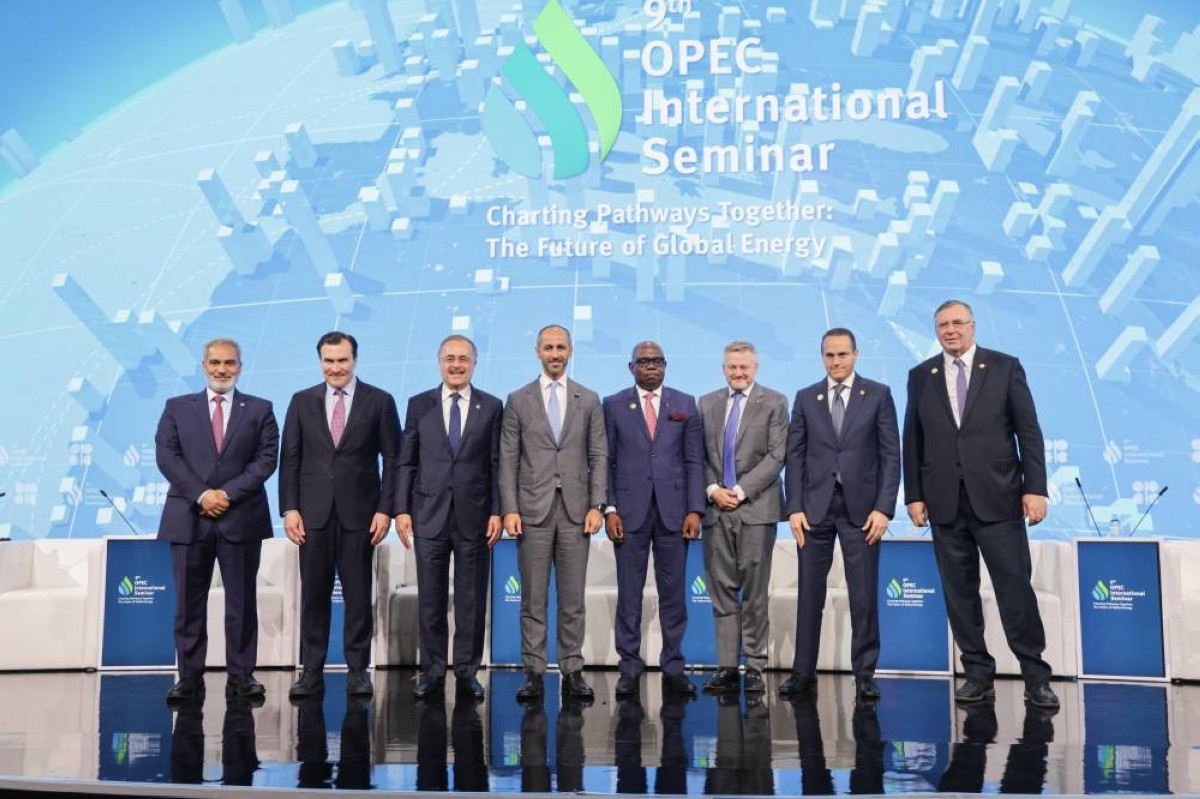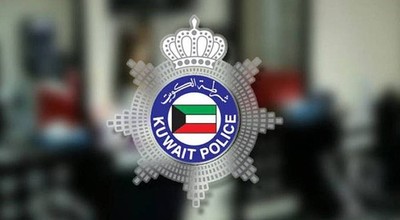VIENNA: Kuwait reaffirmed its commitment to ensuring global energy security on Wednesday while calling for increased investments in future energy projects and the adoption of solutions that reduce emissions and support the transition to a more efficient energy system. This came in a speech delivered by Oil Minister and Chairman of Kuwait Petroleum Corporation (KPC) Tareq Al-Roumi at the 9th International Seminar of the Organization of the Petroleum Exporting Countries (OPEC) in Vienna.
Leading Kuwait’s delegation to the seminar, Al-Roumi said the event comes at a critical time marked by mounting challenges in the energy sector, particularly amid shifting regional and global dynamics. He noted that OPEC continues to work toward market stability by balancing supply and demand and strengthening partnerships with non-OPEC producers through the OPEC+ alliance, contributing to the sustainability of energy supplies.
Al-Roumi emphasized the importance of market stability in achieving energy security and supporting global economic growth, stressing that oil will remain a key part of the global energy mix for decades to come. He also reiterated the need to boost investment in future energy projects and adopt solutions that cut emissions and facilitate a shift toward a more efficient energy ecosystem.
Sheikh Nawaf Saud Al-Sabah, Deputy Chairman and CEO of KPC, affirmed the corporation’s commitment to providing stable and reliable supplies of crude oil and environmentally friendly products. He highlighted KPC’s adaptability to market shifts through a flexible and innovative approach that reflects its achievements in exploration, development, production and expansion in the petrochemical industry.
Chinese and Japanese buyers are requesting more oil in a further indication of strong demand, Shaikh Nawaf told the seminar. KPC is also participating in the accompanying exhibition of the 9th OPEC International Seminar through a dedicated pavilion showcasing highlights of its 2040 strategy, digital transformation initiatives, emission reduction efforts, success stories in international partnerships and global expansion — bolstering Kuwait’s presence in the global energy landscape.
Kuwaiti Oil Minister Tareq Al-Roumi
KPC CEO Sheikh Nawaf Saud Al-Sabah
Output increases from oil producer group OPEC+ are not leading to higher inventories, showing that markets are thirsty for more oil, ministers and executives from OPEC nations and bosses of Western oil majors said on Wednesday. OPEC+, which pumps about half of the world’s oil, has been curtailing production for several years to support the market. But it has reversed course this year to regain market share.
OPEC+, comprising OPEC and allies such as Russia, began to unwind cuts of 2.17 million barrels per day in April with a production boost of 138,000 bpd. Hikes of 411,000 bpd followed each month in May, June and July. On Saturday, the group approved a 548,000-bpd jump for August and will likely approve a large hike for September when it meets again in August, sources told Reuters.
“You can see that even with the increases for several months we haven’t seen a major buildup in inventories, which means the market needed those barrels,” United Arab Emirates’ Energy Minister Suhail Al-Mazrouei told reporters. Global oil demand will increase by about 1.2-1.3 million bpd for the rest of this year, despite challenges from US tariffs and trade tensions, Amin Nasser, the CEO of Saudi oil giant Aramco told the seminar. Nasser cited rising US gasoline demand and China’s petrochemical sector as growth drivers.
OPEC has ramped up production partly because it wants to regain market share from rivals such as the United States, sources have told Reuters. BP CEO Murray Auchincloss said he saw non-OPEC production stagnating next year after hitting new highs in recent months. The physical oil market looks tight and China is boosting stockpiles, Auchincloss said.
Shell CEO Wael Sawan said he was more concerned about oil field depletion rates of 4-5 percent a year, meaning more investments were needed. TotalEnergies CEO Patrick Pouyanne said he thought the market was rather well supplied given that demand growth has halved in China in recent years.
With planned output rises, OPEC+ will likely complete the return to the market of the 2.17 million bpd of voluntary cuts in September. It is also allowing the UAE to complete a 300,000 bpd separate output increase. OPEC+ still has separate cuts of 3.65 million bpd in place, consisting of 1.65 million bpd in voluntary cuts by eight members and 2 million bpd across all members. Those cuts expire at the end of 2026.
Iranian Oil Minister and current OPEC President Mohsen Paknejad underscored the importance of scientific and pragmatic approaches to energy issues, urging the global community to set aside ideological divides in favor of realistic and inclusive dialogue. “Energy is the cornerstone of the global economy and an essential part of our daily lives,” Paknejad said in a video address. “Last year witnessed an unprecedented rise in energy demand across all sources, including oil and gas.”
Paknejad reaffirmed oil’s prominent role in the global energy mix, noting it continues to supply nearly 30 percent of global energy needs. He stressed OPEC’s crucial role in maintaining market balance and preventing price volatility that affects not only producing nations but the entire international economy.
On the energy transition, he acknowledged significant progress in renewable energy and electric vehicle deployment but cautioned that decarbonization efforts must be grounded in science and practical policy rather than slogans. Calling for the inclusion of all technologies, sectors and stakeholders, he said: “This is the only path to success — and precisely why OPEC remains a vital organization for the world.” – Agencies


















